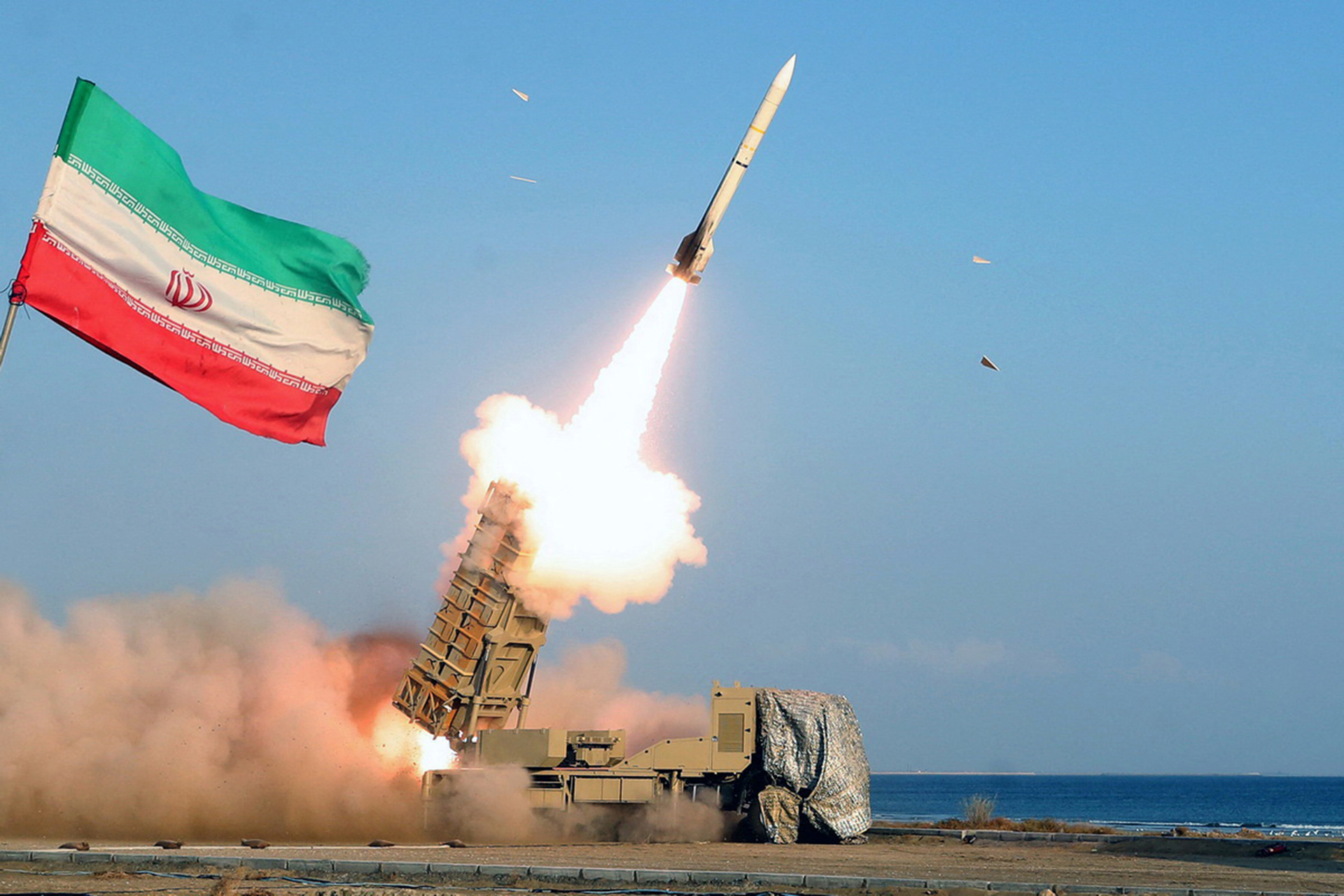TEHRAN – The tone of threats and intimidation between Iran and Israel has escalated to a recent peak, raising regional public fears that it will turn into military reactions.
After Israeli Prime Minister Benjamin Netanyahu threatened that his country would always surprise Iran, an Iranian official responded by saying that any Israeli military aggression against Tehran would be met with a broad and unprecedented response.
In the context, the head of the Military Intelligence Division, affiliated with the Israeli occupation, Aharon Haliva, said that "Iran is the real threat to Israel," adding during his speech at the Herzliya conference last Monday that "the confrontation with Iran has turned into a direct confrontation, and that the possibility of escalation, which may deteriorate into war, is not low."
This comes days after the Lebanese Hezbollah carried out a military exercise near the border with Israel, which Israeli intelligence and military leaders commented on by saying that "Iran is fighting a war of attrition through its proxies in the region against Israel."
Earlier this month, Iranian Security Minister Ismail Khatib spoke of great successes in launching strikes inside and outside Israel, explaining that these strikes were carried out in cooperation and coordination between the Iranian security services, without indicating the time and place of their implementation.
Diplomatic sarcasm
For his part, Iranian researcher in political affairs Reza Sadr al-Husseini describes the Israeli threat as a "political mockery," explaining that "Tehran is fully prepared to respond to any possible US attack, which makes the response to the Israeli occupation a picnic for Iranian and allied forces."
Speaking to Al Jazeera Net, Sadr al-Husseini reads the escalation of Israeli threats against Tehran in the context of exporting the crisis – which has been chasing Netanyahu for months – abroad, and to divert the attention of the Israeli and international media from what is happening inside Israel at the political level, and the results of its recent war on the Palestinian Islamic Jihad.
The Iranian researcher added that the Israeli threats against Iran are not new, ruling out that the Israeli occupation dares to carry out the adventure for fear of its uncalculated results, stressing that Tehran puts its fingers on the trigger in order to ensure its national security and national interests.
He explained that his country has been working for years to adopt an offensive policy instead of a deterrent theory, and that it may remove the threat before it targets its national interests and national security.
Exclusion of war
As for whether Washington will allow Israel to attack Iran, the Iranian researcher ruled out that the United States would reassure Tel Aviv, based on the results of American friction with Tehran, especially in the incidents of the Revolutionary Guards dropping the US "Global Hawk" drone over Gulf waters in 2019, and the bombing of Ain al-Assad base in response to the assassination of IRGC Quds Force commander Qassem Soleimani in early 2020.
For his part, military researcher Ali Abdi believes that the United States does not want at the moment to open a new front in the Middle East, before resolving the Russian-Ukrainian war, stressing that the conditions of the US economy and Washington's knowledge of the repercussions of any possible attack on Iran, keep the specter of war away from the region at the moment.
Speaking to Al Jazeera Net, Abdi believes that the fortifications of Iran's nuclear program and the spread of its facilities throughout the country, make its destruction an impossible task for the Israeli entity, unless the United States enters with full force on the line, then it may be able to harm it.
Solid plan
Abdi explained that his country has prepared for any possible Israeli attack, and that it planned to resolve the battle within 3 days, by opening several fronts against the Israeli enemy from within the Arab ring countries, and more than one front from long distances.
He pointed to the Israeli authorities' recognition of the failure of the Iron Dome to confront the rockets of the Palestinian resistance during the recent battle of "revenge of the free", which necessitated the use of the "David's Slingshot" system.
He said that Israeli officials should imagine the arrival of thousands of short- and medium-range missiles, accompanied by swarms of suicide drones to disrupt their defense systems, followed by ballistic missile barrages from varying sides, resulting in heavy loss of life and military installations.
In response to Israeli threats to target Iranian nuclear sites, Abdi says that his country has prepared a bank of Israeli targets, and that Israeli nuclear facilities are only a small part of them, and expressed his hope to surprise Netanyahu on the promised day Tehran unveils new weapons that were not taken into account, as he described.
The spokesman concluded that Iran has prepared a tight military plan, coordinated with its allies in what he described as the "axis of resistance" and divided the roles in the event that Israel attacks its nuclear facilities, adding that the easiest link in the matter of attacking Iran is to launch the first spark of war to roll the fireball after what Israel does not desire.

